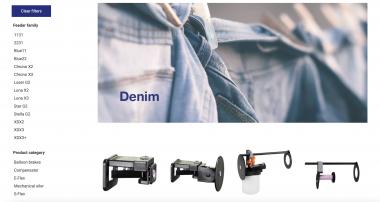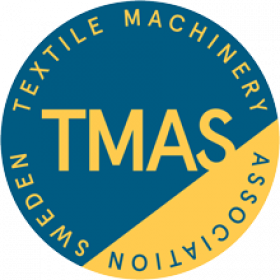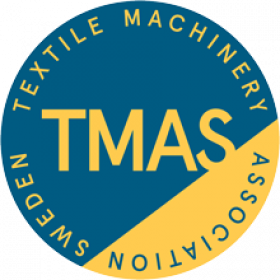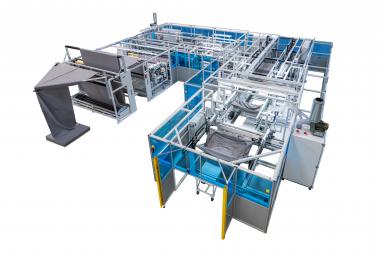TMAS: Vandewiele Sweden launches e-commerce platform
Vandewiele Sweden is spearheading a transformation in B2B operations for the industry, with a new e-commerce platform developed in Sweden. The company, a member of TMAS, the Swedish Textile Machinery Association, has taken on the task of developing the digital solution that will meet the future demands for Vandewiele Group customers worldwide.
The Vandewiele Sweden team has developed a user-friendly interface that exploits the latest "exploding view" diagrams to ensure customers can easily identify and order the components they need, all within a 1:1 digital representation. The next stage in 3D technology is set up and ready, although it awaits implementation and market readiness to fully integrate and utilize its features.
Adopting a phased approach, the company is initially introducing its IRO-branded accessories, spare parts and gauge parts, targeting textile mills, weavers and distributors. The platform has been carefully crafted to cater to the varying needs of its diverse clientele, offering streamlined direct sales and a transparent commission structure for agents and distributors.
With an ambitious logistics promise of 48-hour dispatch and leveraging third-party payment service providers like Nets, the company assures speed and reliability in every transaction.
Scheduled for launch in April, Vandewiele stands ready to introduce its new e-commerce solution to key markets, including Scandinavia, the Baltics, parts of Europe, Turkey, and India.
TMAS, the Swedish Textile Machinery Association















